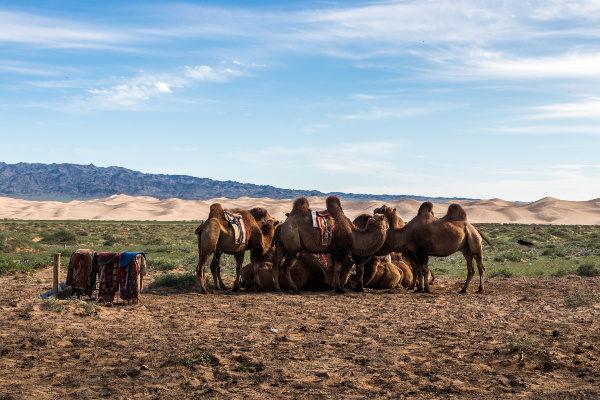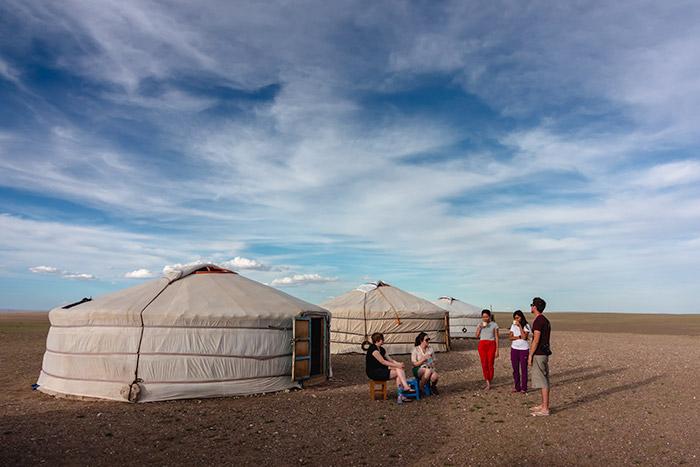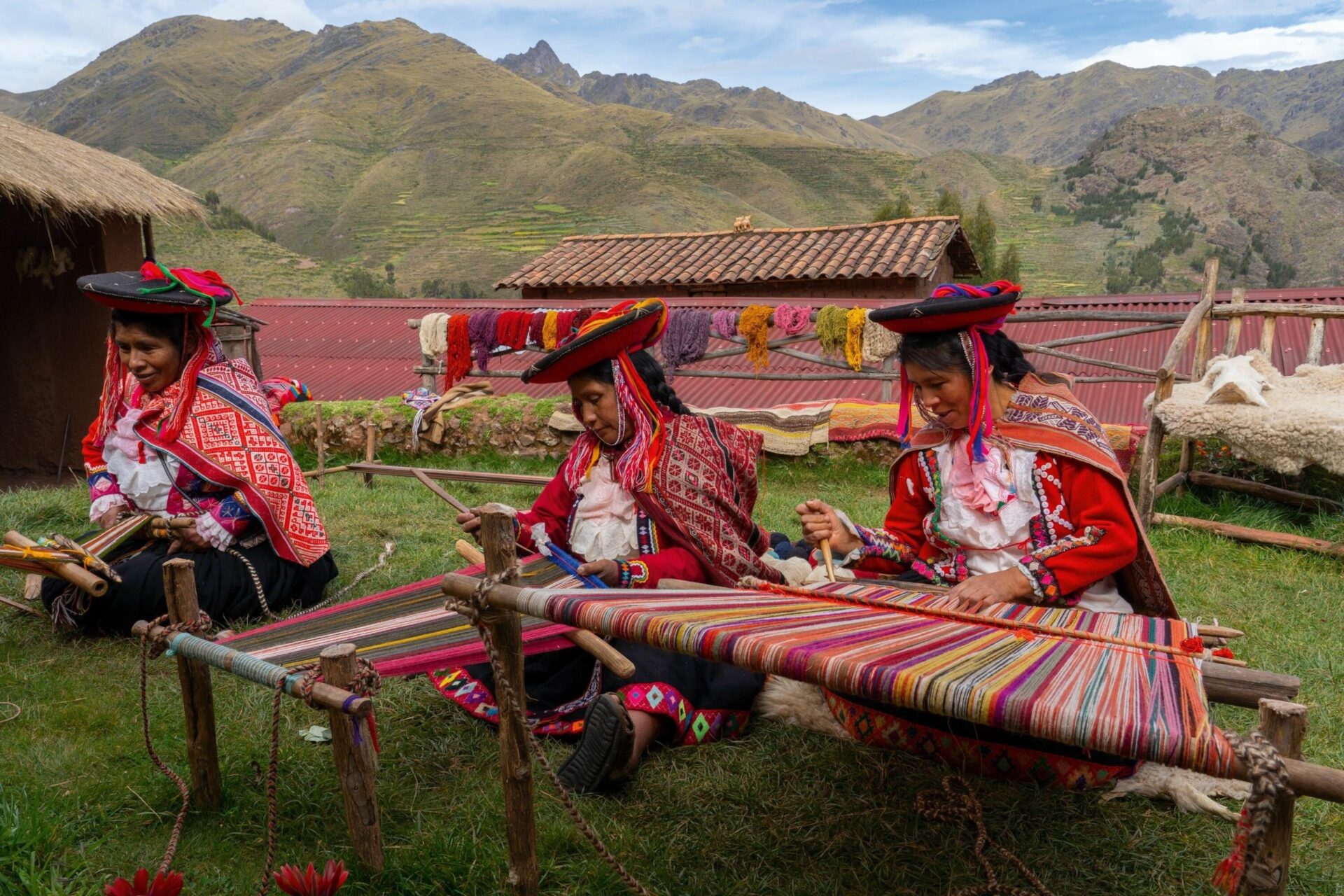Exploring the Gobi: A Journey into Mongolia’s Nomadic Culture
Venturing into the vast expanse of the Gobi Desert offers an unparalleled opportunity to immerse oneself in the rich tapestry of Mongolia’s nomadic culture.The stark beauty of the landscape is mirrored by the warm hospitality of the herding communities that call this region home. Here, you can explore the traditional ger (yurt) dwellings that symbolize the nomadic lifestyle, providing a glimpse into a way of life that has endured for centuries. As you traverse the rolling dunes and rugged mountains,you’ll have the chance to engage with local families,learn about their time-honored customs,and participate in age-old practices such as milking camels or herding sheep.
During your journey, you’ll discover the profound connection between the nomads and their environment, which heavily influences their daily rituals and celebrations. Engage in activities that highlight their unique traditions, such as:
- Participating in a traditional Naadam festival – Experience Mongolia’s national holiday, featuring horse racing, wrestling, and archery.
- Learning about traditional handicrafts – Observe skilled artisans create beautiful felt products and woven textiles.
- Tasting local cuisine – Indulge in dishes like buuz (dumplings) and khorkhog (barbecue) that showcase the rich flavors of nomadic cooking.
By taking part in these experiences, you gain a deeper appreciation for a lifestyle intimately tied to the rhythm of nature, fostering a sense of connection and understanding that transcends borders. This journey into the heart of the Gobi not only enriches your travel experience but also supports the enduring livelihoods of the nomadic communities you encounter.

Connecting with Nature: Ecotourism Adventures in Madagascar
Madagascar is a treasure trove of biodiversity and unique ecosystems, offering adventurers the chance to immerse themselves in nature like rarely anywhere else on Earth. With its isolated landscapes and distinct flora and fauna, ecotourism in this island nation is not just about visiting; it’s about connecting deeply with the environment and the local communities that protect it.Travelers can explore pristine rainforests teeming with lemurs,hike through the otherworldly avenues of baobab trees,and delve into colorful coral reefs. This immersive experience is more than just a getaway; it’s an opportunity to engage in sustainable practices that nurture these delicate habitats.
Participating in ecotourism ventures allows visitors to contribute to conservational efforts while enjoying the stunning scenery. Here are some adventurous activities to consider:
- Diving in nosy Be – Experience vibrant marine life while supporting local fishing communities.
- trekking in Andringitra National Park – Discover breathtaking landscapes and lend a hand to local guides.
- Visiting the Avenue of the Baobabs – Celebrate Madagascar’s iconic trees while promoting habitat preservation.
- engaging with local artisan workshops – Support traditional crafts and learn from indigenous cultures.
By choosing these unique adventures,tourists not only witness the remarkable beauty of Madagascar but also become active participants in its preservation,fostering a sense of duty and respect for this unusual planet we share.

Cultural Immersion: Engaging with Local Communities in Ghana
Ghana offers travelers an unparalleled opportunity to engage with vibrant local communities, immersing themselves in rich traditions and customs that have been preserved over generations. One of the most compelling ways to experience this cultural depth is through interactive workshops, where visitors can learn traditional crafts such as kente weaving and pottery making.Engaging directly with artisans provides not only a tangible connection to Ghanaian culture but also supports local economies. These hands-on experiences allow travelers to appreciate the intricacies of these art forms while fostering meaningful dialog between participants and local craftsmen.
Additionally,community homestays present a unique chance for travelers to live alongside Ghanaians,sharing daily routines and cultural practices.This close-quarter interaction breaks down barriers and encourages an exchange of stories, enhancing mutual understanding.Visitors can participate in local festivals, savor authentic homemade meals, and join in traditional dances that pulsate with the heartbeat of Ghana’s diverse cultures. Some highlights include the chance to enjoy local delicacies such as jollof rice and banku, learn traditional drumming, or even partake in communal farming activities. Through these experiences, visitors not only create lasting memories but also contribute to the preservation of local heritage and community well-being.

Sustainable Travel: How Community Tourism Benefits Destinations Around the Globe
traveling doesn’t just offer a chance to explore stunning landscapes and rich cultures; it also provides an opportunity to support local communities, fostering economic growth and resilience. Community tourism allows travelers to engage directly with local people, experience their traditions, and contribute to preserving their heritage. Unlike traditional mass tourism, which often leads to environmental degradation and local displacement, this model promotes sustainable practices that benefit everyone involved. By investing in local infrastructure and supporting home-based businesses, community tourism enables destinations to thrive while maintaining their unique identity.
Throughout the globe, countless communities have embraced this approach, creating unforgettable experiences for travelers. Here are some examples of how community tourism enriches both visitors and locals:
- Empowerment of local Economies: By spending directly within communities, tourists provide essential income for families, helping them invest in education and health.
- Cultural Preservation: Engaging with local traditions encourages their continuation, ensuring that unique practices are not lost to commercialism.
- Environmental Responsibility: Many community tourism initiatives prioritize sustainable practices, promoting conservation efforts and awareness about local ecosystems.
- Social Connections: Tourists and locals form bonds that foster mutual respect and understanding, leading to cross-cultural exchanges that enrich both parties.
